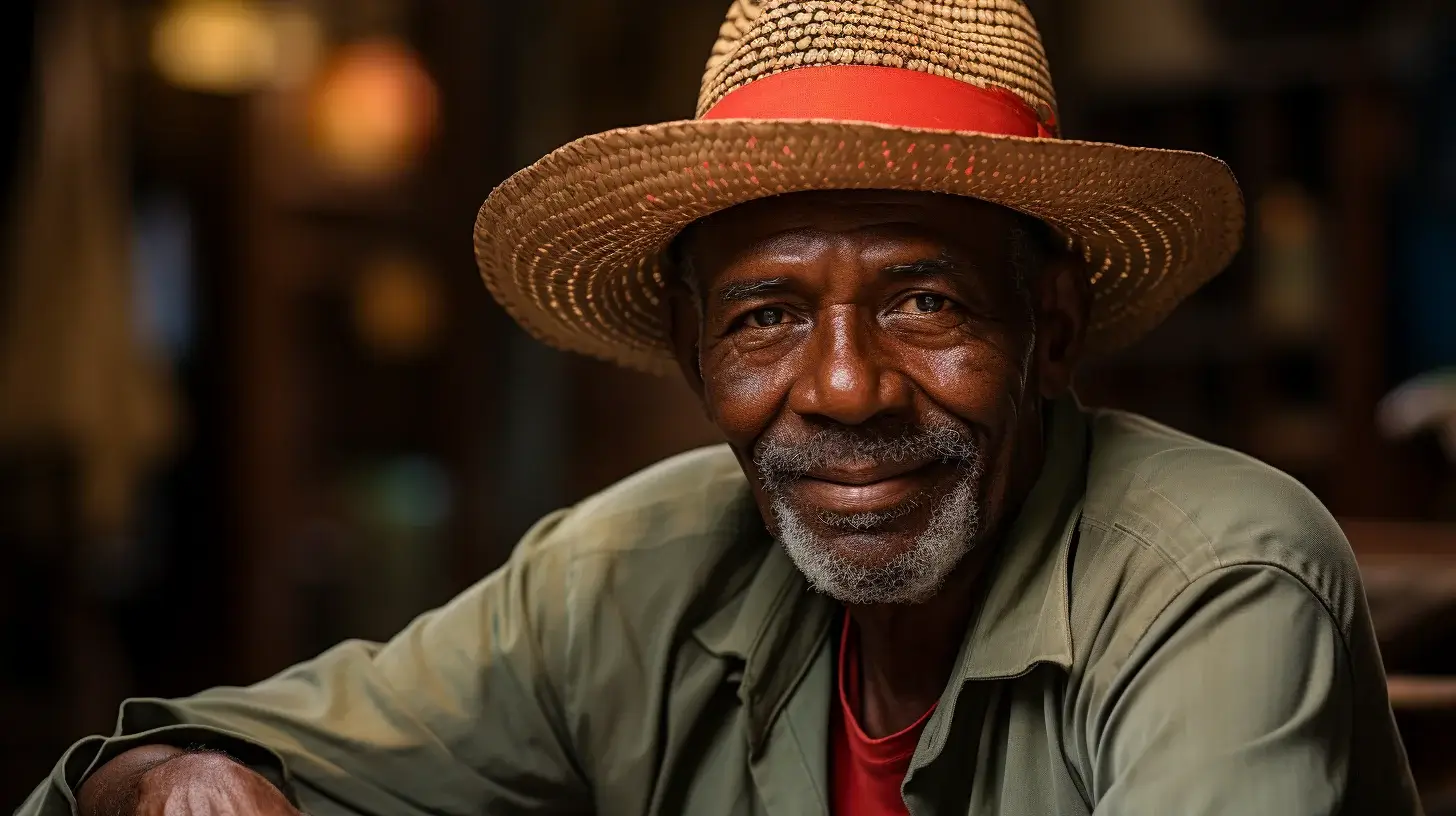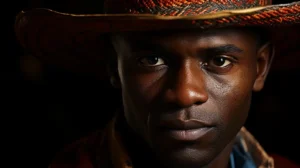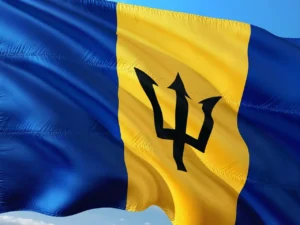Cuba celebrates its Independence Day as a major national holiday every year on October 10th. This significant date commemorates the beginning of the country’s pursuit of independence from Spain, sparked by Carlos Manuel de Céspedes’s act of freeing his slaves and declaring Cuba’s independence in 1868. It is a day for solemn contemplation of the difficulties encountered on the path to self-rule and honoring the critical moments that defined its future.
Cubans worldwide mark the day with great pride and patriotic spirit. Across Cuba, it is characterized by ceremonies, cultural events, and public gatherings that not only honor the heroes of the independence movement but also strengthen the sense of national identity. It is a day when we reflect on our past, celebrate the freedom achieved, and continue to inspire unity and progress within our nation.
Key Takeaways
- We observe Cuba Independence Day to honor our path to sovereignty.
- It is a day of cultural significance and patriotic celebrations.
- We reflect on the impact of our history on modern Cuban society.
Historical Background
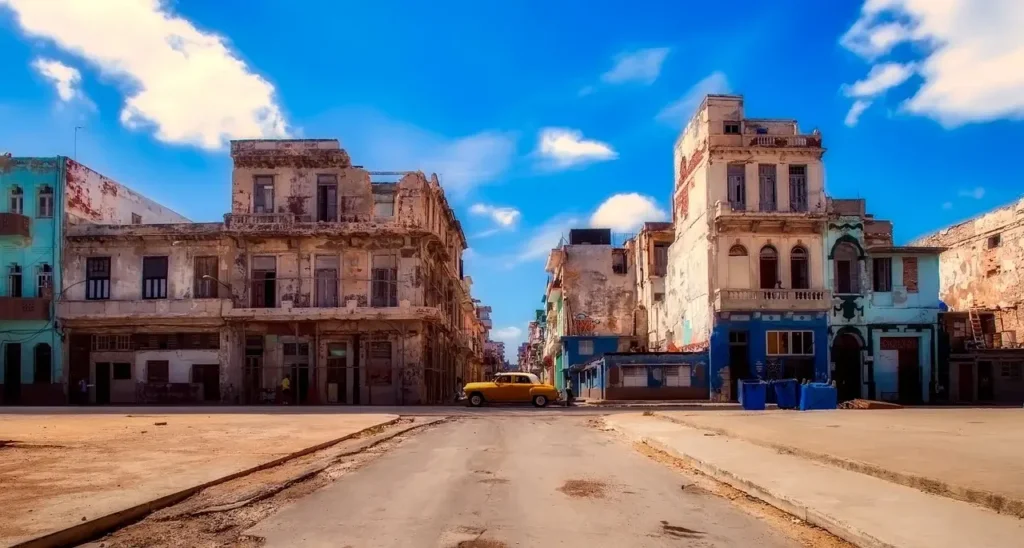
The Cuban journey to independence was marked by a prolonged struggle involving key figures and multiple conflicts, most notably the War of Independence and the consequential Spanish-American War.
Struggle for Independence
Cuba’s quest for freedom from Spanish rule spanned several decades, crystallizing through the “Grito de Yara” declaration of independence on October 10, 1868. This day, now commemorated as the Anniversary of the Beginning of the War of Independence, signified the start of an arduous journey, embodying the determination and courage of the Cuban people.
Significant Figures
Two individuals stand out in this historical narrative. Carlos Manuel de Céspedes is remembered as the “Father of the Homeland,” having freed his slaves and initiated the struggle for independence. Later, José Martí, a writer and patriot, emerged as a unifying figure and an architect of the Cuban Revolutionary Party, playing a critical role in reigniting the liberation efforts in the late 19th century.
War of Independence
Our battles against Spanish colonial power continued relentlessly after the Ten Years’ War and the ‘Little War.’ The Cuban War of Independence began on February 24, 1895, under the strategic leadership of Antonio Maceo and Martí, among others. Despite severe challenges, the will for freedom persisted.
Spanish-American War
The intervention of the United States in April 1898 was a turning point, precipitating the end of Spanish rule. Known as the Spanish-American War, this conflict featured several key battles and led to Spain relinquishing its control over Cuba in December 1898, a momentous milestone in our history.
Cuban Independence Day Celebrations

Cuban Independence Day, or Día de la Independencia, resonates with vibrancy as we, the Cuban people, revel in our triumph and freedom. Our enthusiasm is evident in every aspect of the celebrations, from the bustling parades to the rich flavors of traditional Cuban cuisine.
Festivities and Traditions
Independence Day is a testament to our enduring spirit and rich cultural heritage. We come together as a nation to decorate our streets with the Cuban flag and wear clothing that reflects our pride. Our homes and communities burst into life with music and dancing, symbolizing our journey and achievements.
Parades and Performances
Parades are central to our Independence Day celebrations. We take to the streets in a kaleidoscope of color and sound, with marchers and performers showcasing our history through music and dance. Traditional and contemporary elements merge to narrate the story of our independence.
Cuban Cuisine
Cuban cuisine is integral to our festivities, and on this day, we indulge in an array of dishes that tell the story of our island’s diverse influences. Tables are laden with classics such as ropa vieja, arroz con pollo, and plantains, allowing us to savor the triumph shared over the years through our distinct flavors.
Legacy and Remembrance
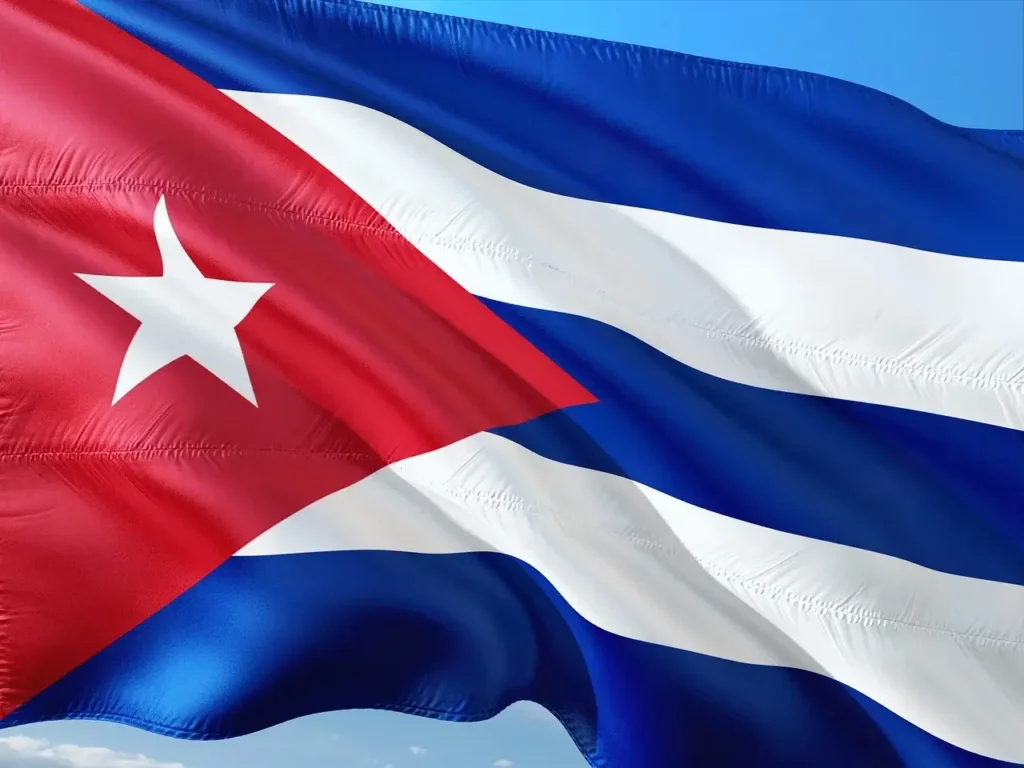
In commemorating Cuba’s Independence Day, we reflect on the country’s quest for freedom and remember those who have valiantly stood for their beliefs despite facing tremendous challenges.
Prominent Anniversaries
Each year, the Cuban community, both on the island and abroad, marks the October 10th observance of its struggle for independence. This day serves as a reminder of the sacrifices made by our forefathers, a testament to our persistent dream of freedom. Significant anniversaries, such as the commemoration of Cuba’s Independence, become focal points for reflection and calls for a more just society. The anniversary is not only a celebration but also an opportunity for us to stand in solidarity with those who still face threats daily for demanding their right to a free and democratic Cuba.
Historical Education
Understanding the impact of historical events, like the establishment and subsequent overthrow of the castro regime, is crucial in our educational efforts. We strive to ensure that the younger generation understands the value of our history and the need to prevent truth from being suppressed.
Pastors Ayda Expósito Leyva and Ramón Rigal demonstrated their dedication to faith-based home-school education but were imprisoned for their beliefs. Journalists like Roberto Quiñones have suffered similar conditions in Cuba for trying to shine a light on the reality of the situation in Cuba.
Their courage exemplifies the importance of standing up for the right to exercise their faith and is a powerful lesson on the conditions of exercising their faith in Cuba. The plight of the Ladies in White, José Daniel Ferrer, and other brave Cubans who continue the peaceful fight for freedom are highlighted in educational dialogues, reinforcing their status as the true heirs of American freedom—a vision strongly supported from within the White House and by the Cuban-American community at large.
Our commitment to educating about Cuba’s quest for independence is unwavering, as it reinforces our understanding of the nation’s legacy and the importance of remembrance in striving for a future that celebrates peace and freedom.
Cuban Independence Day in Modern Times
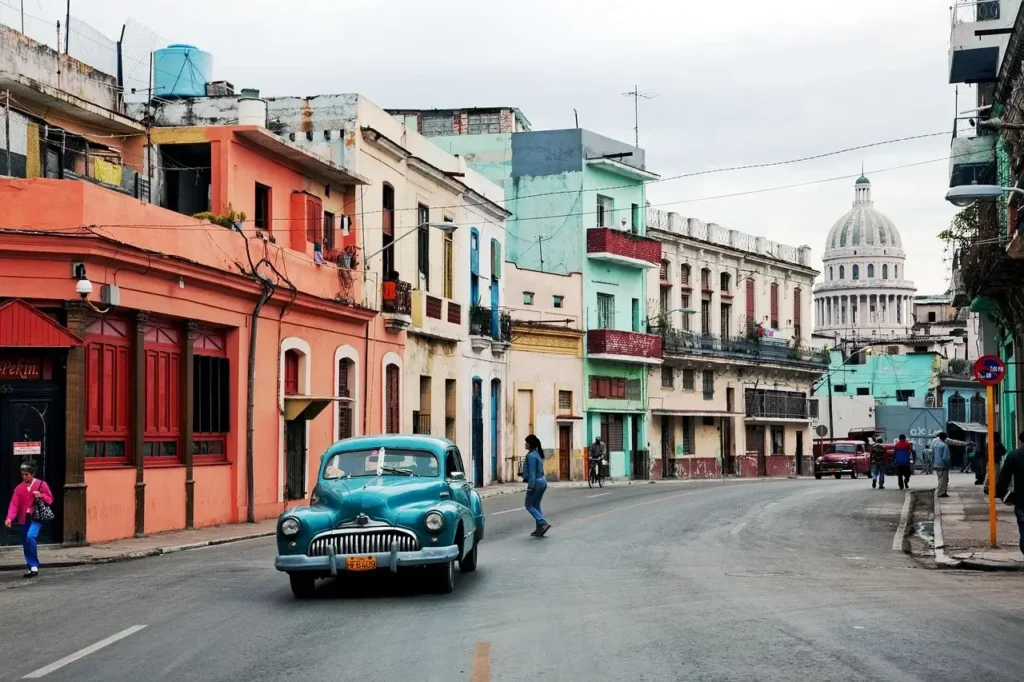
On this significant anniversary, we celebrate the enduring freedom and cultural vibrancy that thrives within the Cuban community, both on the island and abroad.
National Identity and Pride
Cuban Independence Day, or Día de la Independencia, remains a powerful emblem of national identity and pride for the Cuban people. Each October 10th, we witness the streets of Cuba adorned with the country’s flag, while families and individuals unite to honor the heroes of the Cuban Republic. This day is an affirmation of our collective memory and our commitment to the values of liberty and sovereignty that were hard-fought by our ancestors.
- Celebrations: Parades, speeches, and gatherings are traditional.
- Music and Cuisine: Integral to the festivities, highlighting our rich heritage.
Educational Importance
Educational initiatives around Cuban Independence Day emphasize the value of literacy and historical knowledge. Schools throughout Cuba ensure that our children comprehend the significance of the independence struggle—a narrative that defines us as a people. Within our curriculum, the stories of freedom and the sacrifices made by the Cuban people serve as a cornerstone for fostering a sense of patriotism and responsibility in the young minds of our nation.
- Lessons and Discussions: Focus on historical events leading to independence.
- Cultural Events: Often include plays and readings that depict our journey to freedom.
By embracing our history and culture each Cuban Independence Day, we continue to educate and inspire not only our families but the broader Cuban-American community, reaffirming our identity and the enduring spirit of the people of Cuba.
FAQ – Cuba Independence Day
What is Cuba Independence Day?
Cuba Independence Day, celebrated on May 20th, commemorates the establishment of the Republic of Cuba in 1902, marking the end of United States military occupation following the Spanish-American War.
How is Cuba Independence Day Celebrated?
The day is celebrated with various events including parades, music and dance performances, and cultural festivals. There are also official ceremonies and speeches by political leaders.
What Are Some Traditional Activities on Cuba Independence Day?
Traditional activities often include street parties, salsa dancing, concerts with Cuban music, and food festivals featuring Cuban cuisine. Patriotic displays and the flying of the Cuban flag are also common.
If you enjoyed reading about Cuba Independence Day, check out our other articles:
- Grenada Independence Day 2024: Celebrating National Identity and History
- Estonia Independence Day 2024: Significance and Celebrations
- Cape Verde Independence Day 2024: Significance and Celebrations
Feel free to also check out our other Articles from the category “Independence Day“ and don’t forget to follow us on Pinterest.

